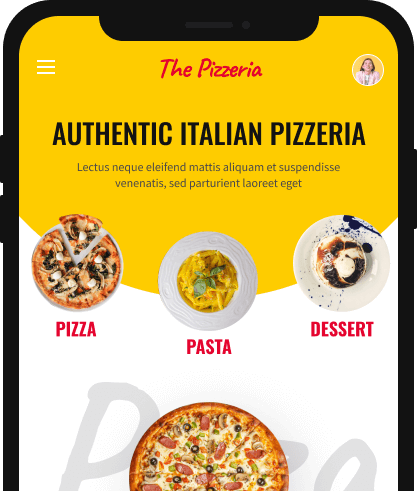In today’s fast-paced business environment, offering 24/7 customer support has become not only a competitive edge but a necessity for many manufacturers. Customers expect round-the-clock assistance, especially when dealing with complex machinery and tech products. This expectation has pushed several prominent manufacturers to elevate their service standards.
When I look at tech giants like Apple and Dell, the bar for continuous support is set quite high. Apple, with a net value exceeding $2 trillion, prides itself on providing exceptional customer service. Their technical support is accessible at any time, allowing customers to resolve issues related to their iPhones, iPads, and other products without delay. Back in 2020, Apple even extended its customer support infrastructure by investing heavily in online resources and expanding its call center operations.
Dell, another leader in the tech industry, also stands out when it comes to 24/7 support. They have intricately designed systems for both personal and enterprise solutions. Dell's ProSupport provides around-the-clock hardware and software support for enterprise clients. They also offer quicker response times compared to industry standards. Their emphasis on uptime is crucial for businesses relying on servers and networking products.
Looking at consumer electronics, Samsung offers 24/7 live chat support for its wide range of consumer electronics, from smartphones to home appliances. They understand that a malfunctioning refrigerator or washing machine doesn’t always adhere to normal business hours. Samsung has strategically built service centers worldwide, so not only is their digital support available around the clock, but the deployment of technicians is swift and efficient.
In the automotive sector, Tesla is a name that frequently surfaces. Tesla doesn’t just produce electric vehicles but also delivers a comprehensive ownership experience. Owning a Tesla means having access to their customer support network at all hours. Tesla has an innovative app that allows owners to troubleshoot issues, schedule maintenance, and even access customer support 24/7 from anywhere in the world. Considering their market cap of over $800 billion in 2022, it's apparent they have significant resources to ensure client satisfaction.
Not to be left behind, major appliance manufacturers like Whirlpool offer round-the-clock customer service. Whirlpool has recognized the need for dedicated call centers and employs a robust team of experts to solve any issues their customers might face, any time of the day. As of 2019, Whirlpool had invested millions into upgrading their customer service resources, ensuring their brand promise of "Every day, care" is actualized.
Interestingly, in the electric tugger manufacturers sector, companies often prioritize robust customer support due to the industrial nature of their products. Downtime can be catastrophically expensive for businesses reliant on heavy machinery. As such, manufacturers providing material handling solutions prioritize 24/7 customer support. This ensures minimal disruption and maximum productivity for factories and warehouses worldwide. It's been reported that minimizing downtime can save companies anywhere from 1% to 2% of their annual revenue, which accumulates to substantial savings, especially for large enterprises.
Another exciting realm offering nonstop customer service is the realm of consumer software. Companies like Microsoft understand that issues with their software products can arise anytime and can heavily impact business operations. Their support system incorporates forums, live chat, community support, and direct call options ensuring prompt assistance is always within reach. Not having 24/7 support could significantly hamper productivity, especially for enterprise clients who rely on software for critical operations. Thus, Microsoft has strategically positioned itself to mitigate such risks with continuous support services.
HP, a significant player in the computer hardware industry, emphasizes their customer support as a crucial component of their business model. HP offers different levels of support packages, many of which include 24/7 assistance, thereby ensuring their clients face minimal disruptions. According to their reports, HP managed to reduce customer wait time by 20% after revamping their customer service operations in 2021.
Meanwhile, in the telecommunications industry, Verizon ensures its customers have access to help 24/7. Given the nature of communication technology, disruptions can heavily impact both personal and business activities. Verizon’s investment in AI-driven customer support systems has notably improved efficiency, allowing quicker resolutions to customer issues. They have reported a 30% increase in customer satisfaction rates since implementing these advanced support systems.
In conclusion, the demand for 24/7 customer support is undeniably transforming many industries. From tech giants to electric tugger manufacturers, offering consistent and effective service is now a fundamental expectation rather than an added perk. Businesses seeking to stay competitive must embrace the importance of accessibility and continue to invest in their customer support frameworks.
